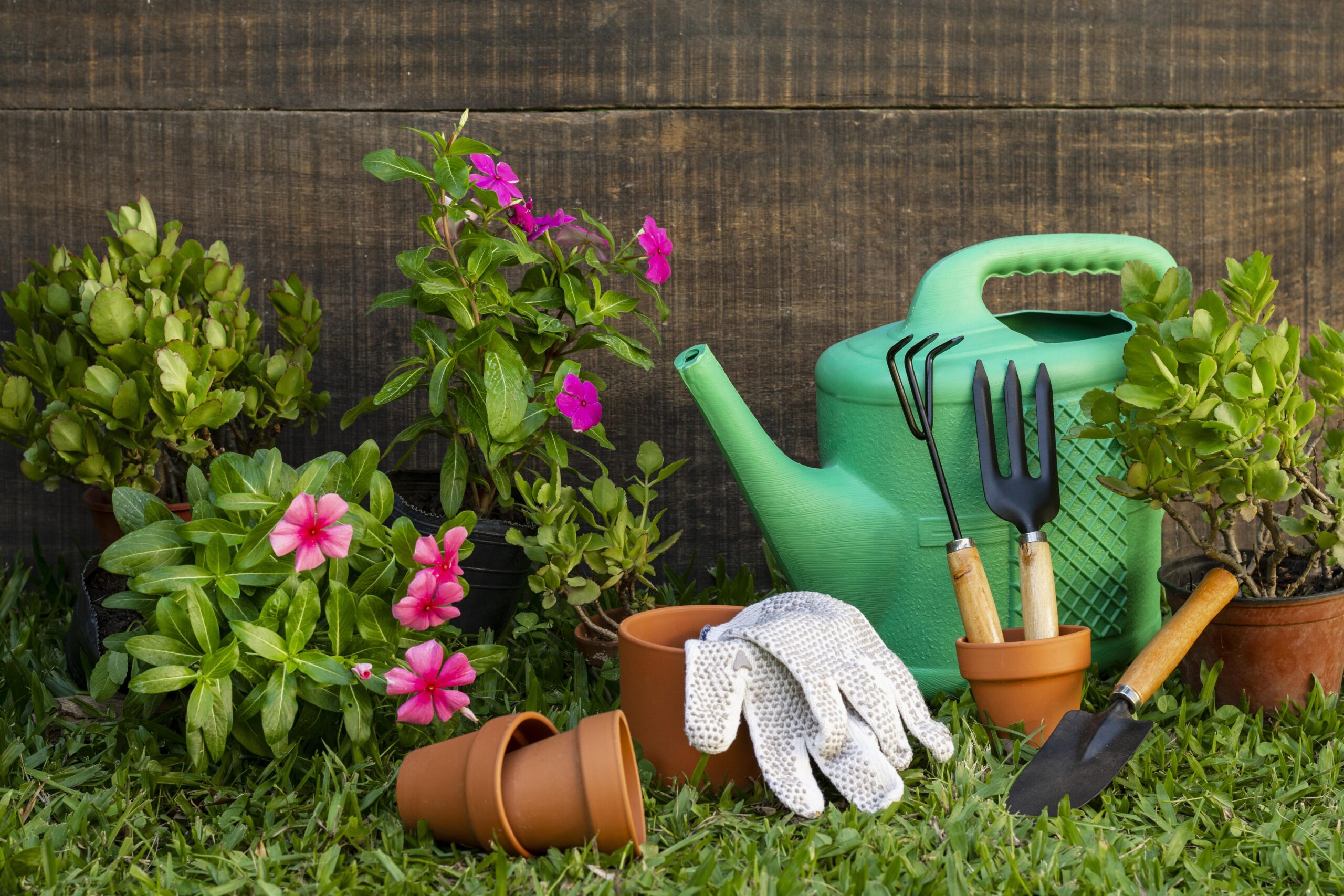In today’s hyper-connected world, where productivity is celebrated above all else, the art of slowing down has become a genuine superpower. We live in a society that equates busyness with importance, speed with success, and constant activity with achievement. Yet, amidst this rush, many of us find ourselves burnt out, disconnected, and yearning for something more meaningful. This exploration reveals why deliberately slowing down might be the most powerful skill you can develop in our accelerated world.
The Culture of Speed: Our Modern Epidemic
Our modern society has developed a “culture of speed” – a mindset where efficiency and quick results are prioritized over balance and well-being. From the moment we wake up to when we finally collapse into bed, there’s an unspoken expectation to be productive, stay connected, and keep up with everything.
This constant state of alertness isn’t just uncomfortable—it’s actively harmful to our physical and mental health.
Time poverty is now widespread in our society. Most working Americans report not having enough time to do what they want. We’re constantly juggling responsibilities, often running on autopilot, moving from one task to another without truly experiencing our lives.
The Hidden Costs of Our Fast-Paced Lives
Our relentless pace comes with serious consequences:
Mental and Physical Exhaustion
We constantly operate at high speeds and push our bodies and minds beyond sustainable limits. This perpetual state of hurry leads to burnout, which is increasingly recognized as a serious condition rather than just feeling tired.

Photo by pressfoto on Freepik
Diminished Presence and Connection
Racing through life leaves little room for deep connections, meaningful experiences, and self-reflection. We may have a lot on our plates, but we often feel unfulfilled and disconnected. We miss the small, beautiful moments that make life worth living when constantly rushing.
Impaired Decision Making
Speed forces us to make decisions without proper reflection. We miss the beauty and opportunities surrounding us when we’re always in a hurry. Life becomes a blur, and we fail to appreciate the present moment.
Information Overload
Our brains cannot process the amount of information we expose them to. Research has found that focus drops off after 90-120 minutes, with multitasking creating a bottleneck effect that clogs information flow in the brain. This explains why we daydream nearly half the time—our brains desperately seek respite.
The Transformative Power of Slowing Down
In contrast to our rushed existence, deliberately slowing down offers remarkable benefits that can transform our lives:
Enhanced Mental Well-being
Slowing down allows you to break from everyday demands and pressures, helping you gain perspective and prioritize tasks. When we slow down, we activate our “rest and digest” state, which reduces stress hormones and promotes healing.
Recent research shows that just ten minutes of mindfulness can boost wellbeing and fight depression. Studies have found that brief daily mindfulness practices can significantly reduce depression and anxiety compared to control groups.
Improved Focus and Clarity
When we slow down, our brain can process information more effectively. Research shows the brain can switch between fast and slow information integration, modulating the timescales it operates. Focusing our attention changes the processing speed in our visual cortex, allowing for deeper concentration and clearer thinking.
A slow timescale means there’s a stronger connection between the present state of the brain and its state a moment ago. This allows for more cohesive, thoughtful processing.
Better Decision-Making
Slowing down allows you to think more clearly and make better decisions. When you’re not rushed, you can connect to your inner wisdom and intuition. This improved decision-making extends to all areas of life, from work choices to personal relationships.
Enhanced Relationships
When we slow down, we create space for genuine connection. By slowing down, we are able to listen to what is being said, not what we think is being said. This deep listening fosters stronger relationships and more meaningful interactions.
Increased Time Affluence
Time affluence is the sense that you have ample time available daily. Research has shown that those with greater time affluence are more likely to enjoy the present moment, experience feelings of autonomy and competence, engage in more intimate relationships, and pursue activities related to personal development.
Interestingly, research has found that too much free time (more than five hours daily) can also decrease happiness. The sweet spot appears to be having enough time to engage in meaningful activities without feeling rushed.

Photo by freepik
The Science of Slowing Down
The benefits of slowing down aren’t just subjective experiences—they’re backed by science.
When we slow down, we activate our parasympathetic nervous system, which promotes healing and recovery. The frequency of our brain slows down, the stress in the brain gets reduced, allowing organs to function properly and promoting healing.
This state allows us to enter what psychologists call “flow”—a state where action and consciousness melt together. Flow occurs when we’re fully immersed in a task that balances challenge and skill, creating a sense of timelessness and deep satisfaction.
How to Cultivate Slowness as a Superpower
Embracing slowness doesn’t mean doing nothing or being unproductive. Rather, slowing down is a superpower that lets you listen deeply, speak clearly, and choose wisely. It’s about being intentional with your time and attention.
Here are practical ways to develop this superpower:
1. Practice Mindful Transitions
Instead of rushing from one task to the next, create small buffers between activities. Take a few deep breaths, feel your feet on the ground, and consciously transition to the next activity.
2. Digital Detox
Our devices keep us in a constant state of alertness. Limit screen time, especially before bedtime, to improve sleep quality and reduce distractions. Consider regular digital detoxes—periods where you disconnect completely from technology.
Research shows digital detoxes can reduce stress and anxiety, improve focus and productivity, enhance presence and connection, improve sleep quality, and help you rediscover old passions and hobbies.
3. Cultivate Single-Tasking
While multitasking seems efficient, it reduces productivity and increases stress. Practice doing one thing at a time with full attention. Being fully present and engaged in whatever we do, whether it’s sipping a cup of tea, taking a walk in nature, or having a meaningful conversation is a cornerstone of slow living.
4. Create Time Affluence
Time affluence means feeling like you have enough time for what matters. This doesn’t necessarily require having more free time—it’s about the quality of your time and your perception of it.
5. Schedule Downtime
Just as you would schedule an important meeting, schedule time for rest and reflection. Taking a break from everyday busyness and creating a conducive environment for relaxation can help reduce stress and improve mental clarity.
6. Connect With Nature
Nature moves at its own pace, following seasonal rhythms rather than digital timers. Regular time in natural settings can help reset your internal clock and remind you of more natural rhythms.

Photo by freepik
Overcoming Resistance to Slowing Down
Despite its benefits, many people find slowing down challenging. Many of us fear slowing down, as if we might explode if we dropped below a certain speed. We worry about falling behind, missing opportunities, or confronting uncomfortable thoughts. However, pushing through this resistance is essential for growth.
Remember that slowing down doesn’t mean stopping completely. Slow living isn’t about doing less, but doing more with greater focus and purpose and at the right speed. It means giving each activity the time it deserves, rather than rushing through everything.
Finding Your Own Pace
The beauty of embracing slowness as a superpower is that it looks different for everyone. What feels slow and nourishing to one person might feel painfully tedious to another.
The slow living movement, which began in Italy in the 1980s as a response to fast food culture, emphasizes quality over speed. It’s about living a more conscious and meaningful lifestyle that’s in line with what you value most in life.
As you cultivate this superpower, pay attention to what feels right for you. Where do you feel rushed? Which activities deserve more time and attention? What would happen if you slowed down just 10% in your daily activities?
Conclusion: The Revolutionary Act of Slowing Down
In a world that worships speed, choosing to slow down is a revolutionary act. It’s a declaration that you value presence over productivity, meaning over multitasking, and well-being over busyness.
The paradox of slowing down is that it often leads to greater effectiveness. By giving our brains the space they need to process information, make connections, and rest, we enhance our creativity, decision-making, and overall satisfaction.
Slowing down is a superpower that lets you listen deeply, speak clearly, and choose wisely. In our accelerated world, the ability to consciously slow down might be the most valuable skill you can develop—not just for your productivity, but for your humanity.











